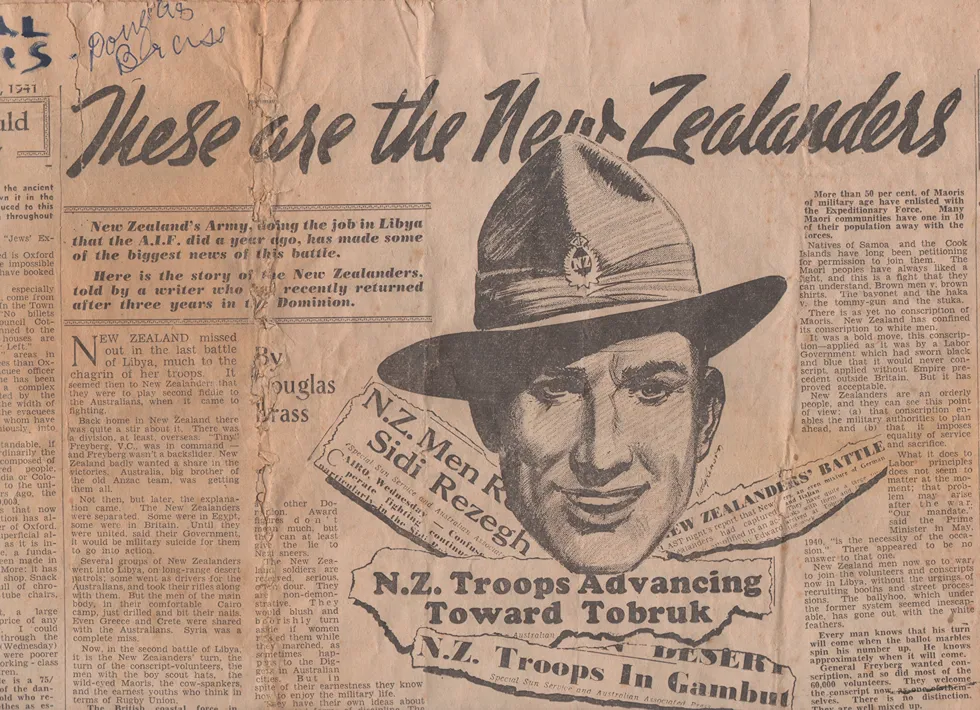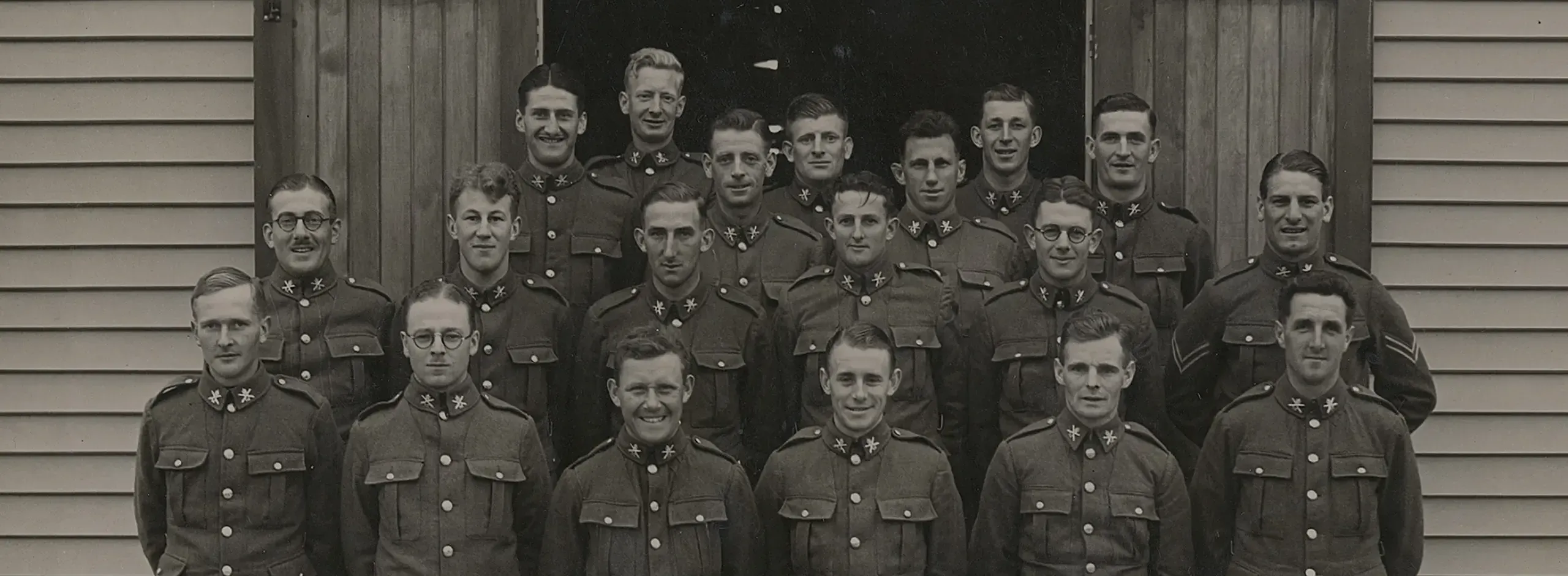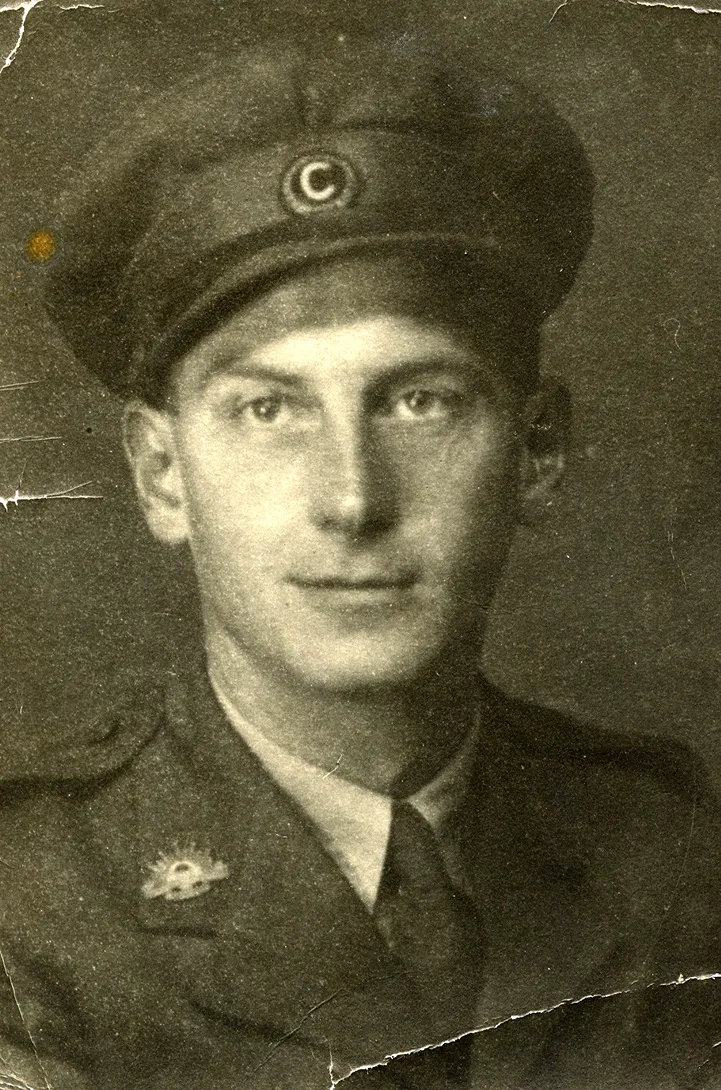
Introducing Douglas Brass
War correspondent, journalist and newspaper executive
New Zealand-born Douglas Brass’s remarkable, four-decade career as a journalist, war correspondent and newspaper executive gave him a unique view of a turbulent period in world history. After his death a former colleague described him as ‘one of Australia’s great newspaper men’. Yet this prominent journalist, so close to many significant events, remains virtually unknown in his own country.
Born in Invercargill, Brass was educated at Southland Boys’ High School and Waitaki Boys’ High School before attending Canterbury College of the University of New Zealand. After graduating with a Master of Arts with first class honours in history and a Diploma of Journalism, he joined the Press in Christchurch, becoming the paper’s parliamentary reporter in Wellington in 1934, at the age of 24. The following year Brass began working for the Melbourne Argus. In 1937 he joined the Herald, also in Melbourne, where he worked closely with Sir Keith Murdoch. This was the start of a long relationship with the Murdoch family. In 1939, as correspondent for the Herald, he was back in New Zealand, covering the country’s response to the outbreak of the Second
World War.


